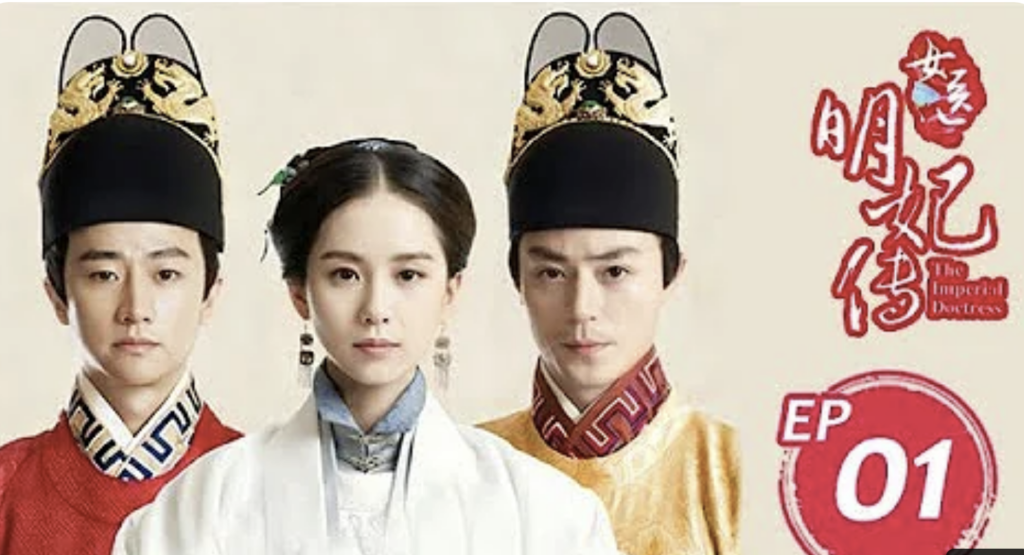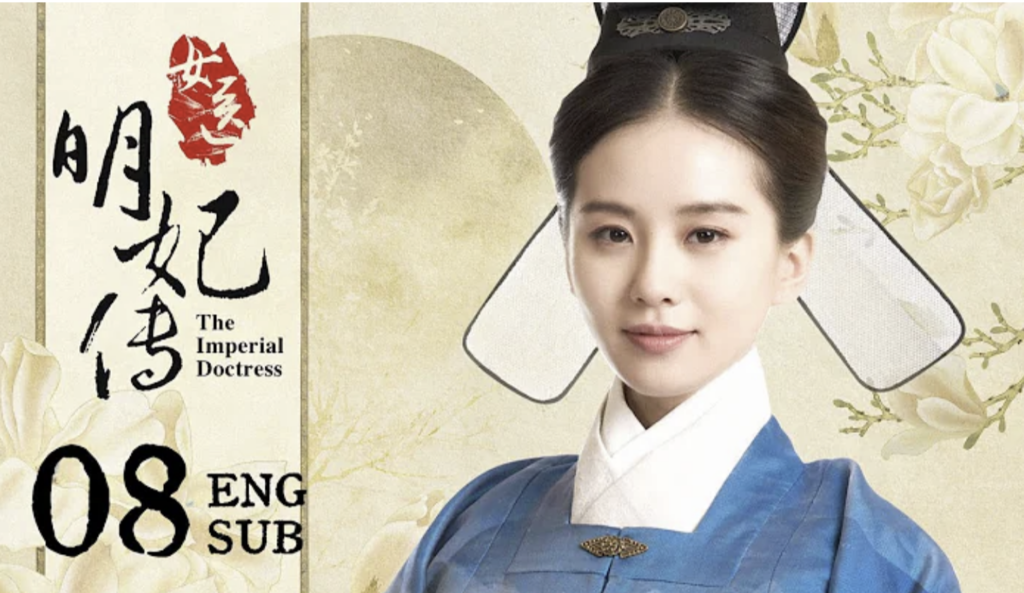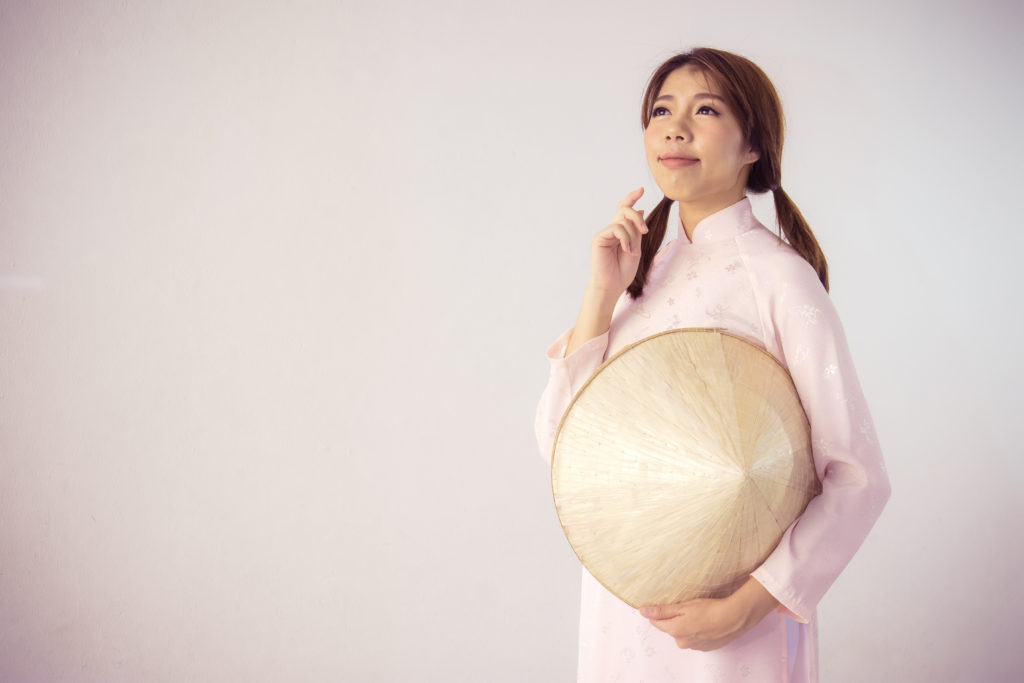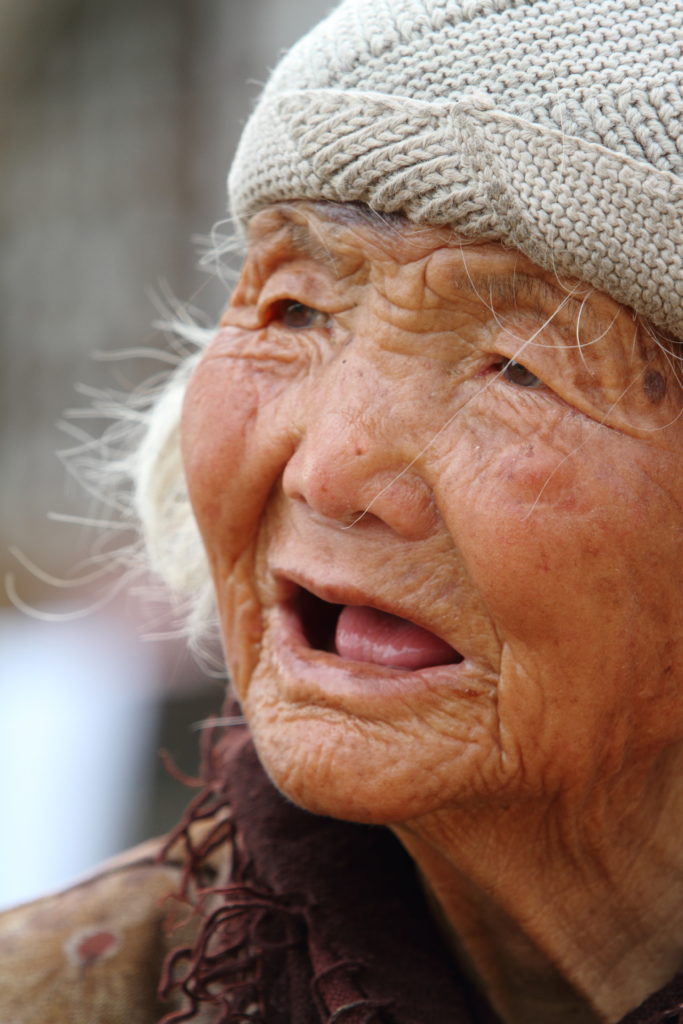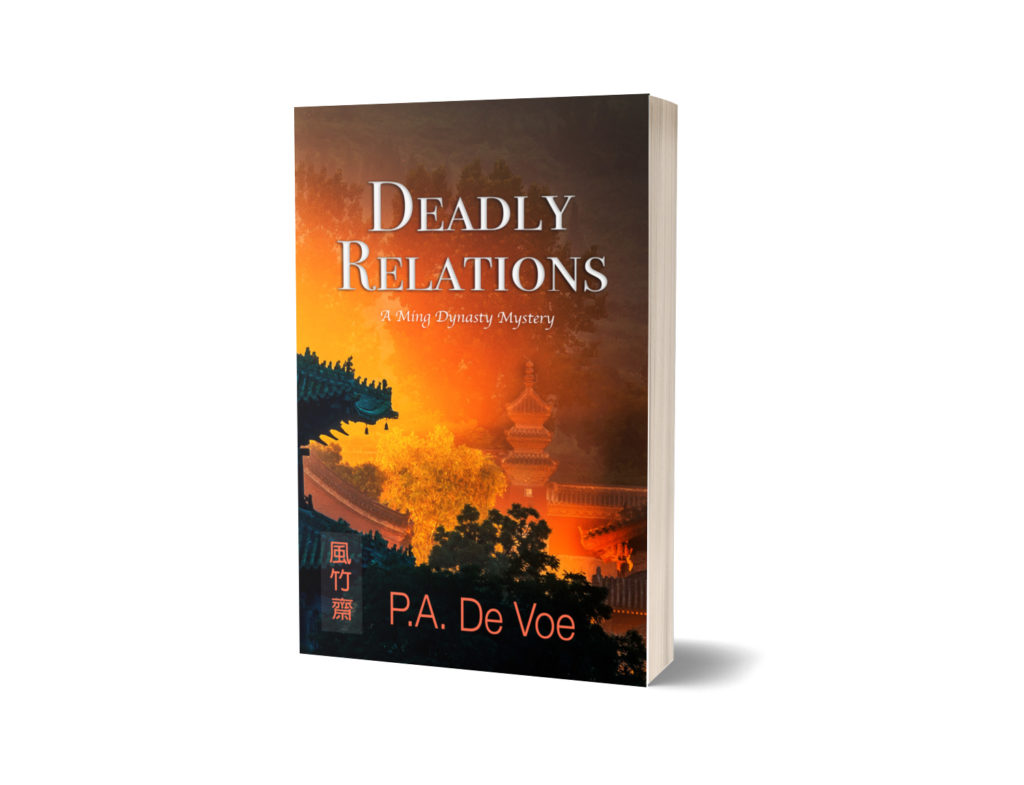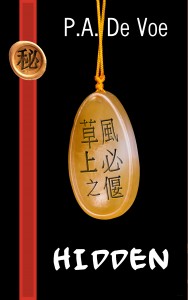Shamanism has a long, respected history in China. The word wu 巫 , interpreted as shaman, was first found inscribed on oracle bones dating from the Shang Dynasty (1554-1046 BCE). A shaman is a spirit-intermediary or a spirit median. This term referred to either a male or female practitioner until by the late Zhou Dynasty (4th to 3rd centuries BCE) when it often meant women practitioners, not males (the latter were referred to as xi 覡). A female shaman was also called wu-po 巫婆
During this early period shaman were valued, well-regarded, both females and males. However, by the Imperial Period there was a distinct change. Confucianism became the founding principal for the country’s rulers and the bureaucracy—based on meritocracy—needed to run the government. To become a government official, a man had to pass a series of examinations largely based on Confucianist texts. There was no place for spirit-intermediaries and their philosophies or rituals in this changed world view.
By the Ming Dynasty, the wu-po was much maligned by the state and considered a disreputable person. In many parts of the country being a granny-shaman was illegal. Nevertheless, throughout the country, especially in rural villages and towns, she was still needed by women without resources, for either their physical or psychological health.
Although considered charlatans by the government, the wu-po did not use their powers to become rich. They were typically very poor women themselves. To be a true wu-po the woman could not simply train under another shaman, she had to be called by a spirit. And she could not turn the spirit down. Once called, she had to capitulate. Another wu-po could guide her in her new journey as a shaman, but only after she’d been chosen by a spirit to be a median.
When sought out to solve a problem, the wu-po would seek her spirits’ advice or would exorcise evil spirits through a series of rituals. The rituals involved may involving beating a drum or cymbal and by dancing until the median goes into a trance and becomes a vessel for her particular spirit. If a woman’s illness was due to a malignant spirit, and an exorcism was needed, the median’s spirit could be called upon to force the evil spirit out.
So, it seems these women shaman lived between two worlds in Imperial China: despised by officialdom and condemned for their work and, at the same time, needed and respected by their women clients, who were often poor and underprivileged.
References:
*” Shamanism Theory and the Early Chinese Wu.” Thomas Michael. JSTOR Journal of the American Academy of Religion. Vol. 83, No.3 (Sept 2015), pp.649-696. Oxford University Press.
** “Wu (shaman)” Wikipedia, the free encyclopedia April 16th 2024.
***Dangerous Women. Victoria Cass. 1999, Rowman & Littlefield Publishers, Inc. Boulder.
